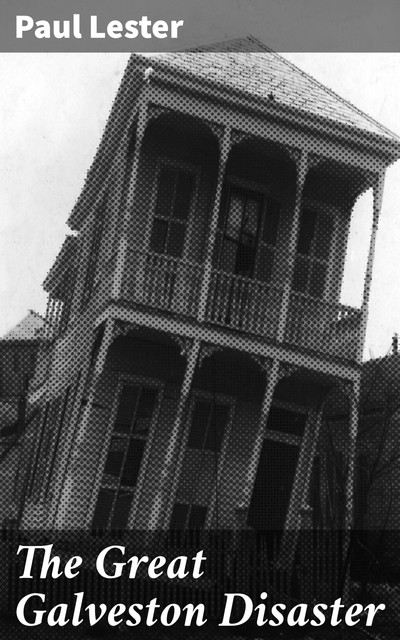We use cookies to improve the Bookmate website experience and our recommendations.
To learn more, please read our Cookie Policy.
To learn more, please read our Cookie Policy.
Accept All Cookies
Cookie Settings
Paul Lester
The Great Galveston Disaster
In 'The Great Galveston Disaster,' Paul Lester meticulously chronicles the catastrophic hurricane that struck Galveston, Texas, in 1900, an event that remains the deadliest natural disaster in American history. Employing a blend of vivid narrative techniques and historical analysis, Lester paints a harrowing picture not only of the storm's devastating impact but also of the societal, economic, and political contexts that shaped the city at the turn of the century. Through detailed accounts and personal stories, he explores themes of resilience and tragedy, bringing to life the human experience amidst chaos while situating the disaster within the broader scope of American environmental history. Paul Lester, a noted historian and expert in disaster studies, draws on his extensive background in American history and sociology in crafting this poignant work. His scholarly approach is complemented by a sensitivity to the human narratives behind statistical data, fueled by his own connections to Texas and a lifelong interest in the interplay between environment and society. Lester's rigorous research illuminates the factors leading up to the disaster and the responses that followed, providing a sobering reflection on human vulnerability before nature'Äôs wrath. This compelling account is essential reading for anyone interested in American history, environmental studies, or disaster response. Lester's engaging prose and rich historical details make 'The Great Galveston Disaster' not only an informative resource but also a profoundly moving testament to endurance in the face of overwhelming odds. It is a crucial reminder of the fragility of human existence and the urgent need for disaster preparedness.
more
749 printed pages
- Copyright owner
- Bookwire
- Original publication
- 2019
- Publication year
- 2019
- Publisher
- Good Press
Have you already read it? How did you like it?
👍👎
fb2epub
Drag & drop your files
(not more than 5 at once)


